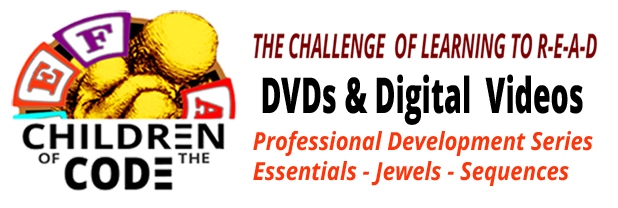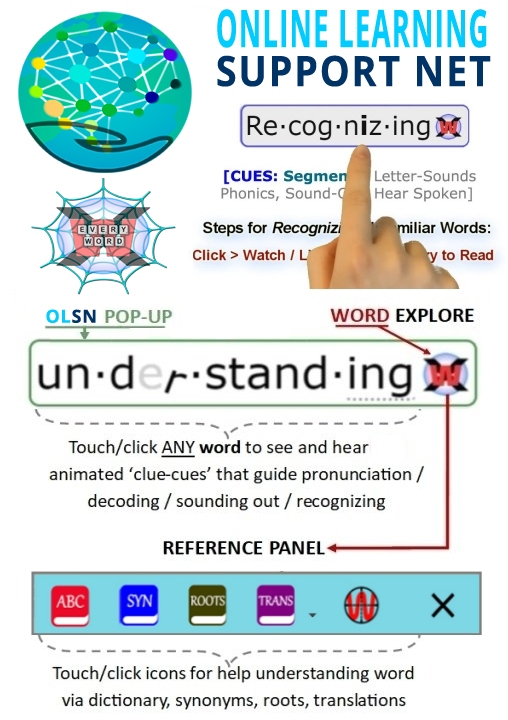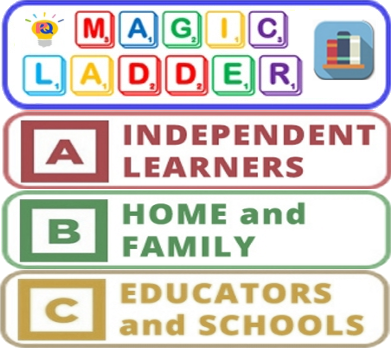Adult Vocabulary
…The amount of reading a person does can predict vocabulary independent of the education that they’ve had. – Dr. Keith Stanovich, Canada’s Research Chair of Applied Cognitive Science, Department of Human Development and Applied Psychology, University of Toronto. Source: COTC Interview – http://www.childrenofthecode.org/interviews/stanovich.htm#VocabularyGrowth
Note: Remember to click on any word on this page to experience the next evolutionary step in technology supported reading.
Correlation of Core Knowledge and General Cognitive Functioning
One hundred thirty-three college students (mean age = 19.1 years) and 49 older individuals (mean age = 79.9 years) completed 2 general knowledge tasks, a vocabulary task, a working memory task, a syllogistic reasoning task, and several measures of exposure to print. A series of hierarchical regression analyses indicated that when measures of exposure to print were used as control variables, the positive relationships between age and vocabulary, and age and declarative knowledge, were eliminated. Within each of the age groups, exposure to print was a significant predictor of vocabulary and declarative knowledge even after differences in working memory, general ability, and educational level were controlled. These results support the theory of fluid-crystallized intelligence and suggest a more prominent role for exposure to print in theories of individual differences in knowledge acquisition and maintenance.
Stanovich, Keith E. West, Richard F. Harrison, Michele R. – Developmental Psychology v. 31 (Sept. ’95) p. 811-26. Source: http://www.coreknowledge.org/CK/about/research/abstracts.htm













